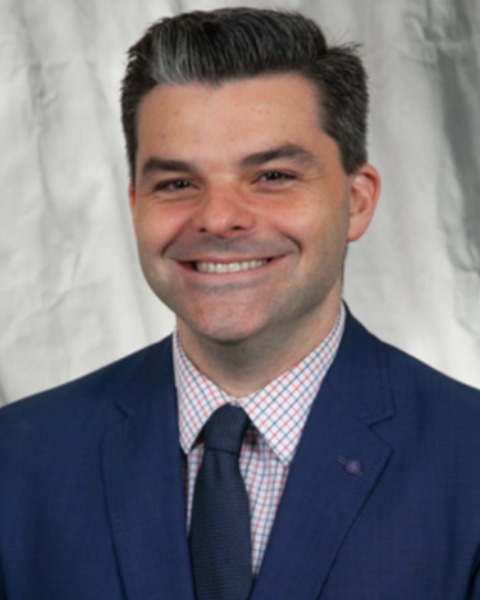Medical Education 13: Potpourri
Session: Medical Education 13: Potpourri
272 - Financial Literacy amongst Pediatric Medical Fellows: A Survey to measure Financial Wellness
Monday, April 28, 2025
7:00am - 9:15am HST
Publication Number: 272.5058
Thomas Stringer, Comer Children's Hospital at University of Chicago Medical Center, Chicago, IL, United States; Anna Cherian, University of Chicago, Chicago, IL, United States; Gillian Brennan, University of Chicago Division of the Biological Sciences The Pritzker School of Medicine, Chicago, IL, United States

Thomas Stringer, D.O. (he/him/his)
Neonatal Fellow
Comer Children's Hospital at University of Chicago Medical Center
Chicago, Illinois, United States
Presenting Author(s)
Background: It is well documented that fewer people are going into pediatrics and pediatric subspecialties. In the last year the percentage of pediatric positions filled in the Match fell by 5%. Economic factors play a significant role in dampening interest in a career in pediatrics and pediatric subspecialties. At baseline medical trainees are known to have low financial literacy and preparedness. This is particularly pertinent for pediatricians and pediatric subspecialists whom are paid 30% less compared to their adult medicine counterparts and are often required to complete longer subspecialty training. Of note, the average medical school debt for both adult and pediatric physicians is $210,000.
With current inflation and rising interest rates, it is incumbent on us to find ways to alleviate financial stress of our pediatric trainees.
Objective: The aim of this study is to assess the financial literacy of pediatric subspecialty fellows at University of Chicago.
Design/Methods: A cross-sectional, anonymous, web-based survey was administered to pediatric fellows at the University of Chicago. The survey included basic questions about the current economy, home buying process, debt management, insurance, budgeting, retirement planning and overall financial stress. Questions regarding knowledge with mostly “yes/no” questions level of stress was assessed using a 5-point Likert scale.
Results: Of the 59 pediatric fellows that received the survey, 50% (n=25) completed the survey. 12% stated they had formal education regarding personal finance. All respondents stated they were interested in learning more about these topics. 50% percent of respondents did not have clear knowledge with regard to: mortgage rates, PMI, Physicians loans, or refinancing. 60% of the fellows stated they had student debt and poor understanding on the repayment process. 75% of the respondents stated they are moderately to completely stressed regarding their debt. 65% of the fellows noted poor confidence in understanding investment strategies for their futures.
Conclusion(s): The majority of medical fellows surveyed do not have a firm grasp on personal finance. All respondents stated they had interest in learning more about these topics. Overwhelmingly the respondents also noted feeling more stressed because of their finances. A more formalized GME personal finance requirement is warranted.
The path to becoming a doctor is filled with challenges and stress. Finding small ways to alleviate stress can have a large impact on these individuals that chose to enter this difficult field.
Financial Survey Results Table
recreated_personal_finance_data.pdfPercentage data for the survey results

